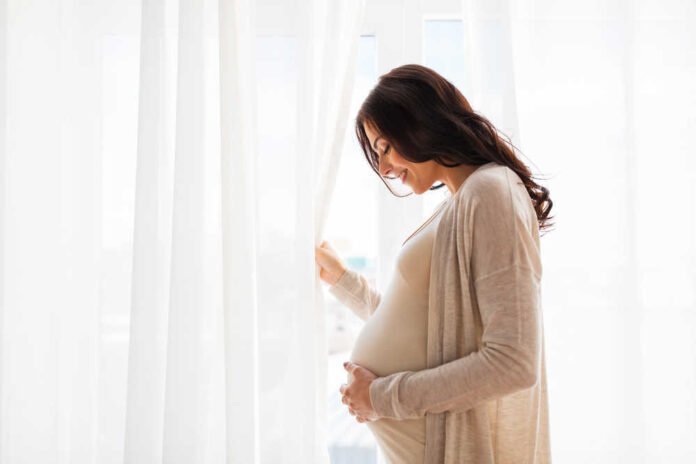
You’ve probably heard the common suggestion that drinking coffee (or caffeine) can stunt a person’s growth.
There is no strong evidence to support this claim.
However, some concerns are that drinking caffeine while pregnant may impact your child’s growth.
Caffeine During Pregnancy
Caffeine is capable of crossing the blood-placental barrier, meaning any caffeine consumed by a pregnant woman will reach her fetus. This can be especially dangerous as the placenta and fetus do not possess the enzymes needed to break down caffeine as effectively as adults.
Caffeine consumption during pregnancy is known to negatively impact fetal development in several ways, including an increased risk for miscarriage, low birth weight, and other childhood impairments.
Although it’s not entirely clear what amounts of caffeine are safe or not safe during pregnancy, the clinical consensus is that it’s best to limit or avoid caffeine altogether while pregnant.
In addition to coffee, this also includes soda, tea, and energy drinks.
Maternal Caffeine Consumption and Childhood Height
A study published in October 2022 found that even low caffeine intake (less than 200mg per day) may impact a child’s height many years later.
This study showed that children of mothers who consumed caffeine during pregnancy tended to be about 2 centimeters shorter than those whose mothers did not consume caffeine while pregnant.
While this may not seem like a significant difference, it further supports the evidence that even small amounts of caffeine consumption during pregnancy can affect child development. It’s possible that there may be additional consequences that manifest later in life as a result of this initial growth reduction.
However, it’s important to remember that this was a relatively small study, and more research is needed to confirm these findings. They could not control for other factors that could also impact a child’s height, such as paternal genetic factors or maternal diet quality.
Is Caffeine Safe During Pregnancy?
Based on the currently available evidence, it’s probably best (for several reasons) to limit or completely avoid caffeine intake during pregnancy.
It is generally advised that less than 200mg of caffeine per day (about one 12-ounce cup of coffee) is relatively safe. However, more recent studies have found elevated risks associated with lower amounts of caffeine, suggesting there may not be a “safe” amount of caffeine during pregnancy.
Always consult with your healthcare team about any concerns or questions you have during pregnancy. They can help you understand the potential risks associated with various ingredients and activities.






















